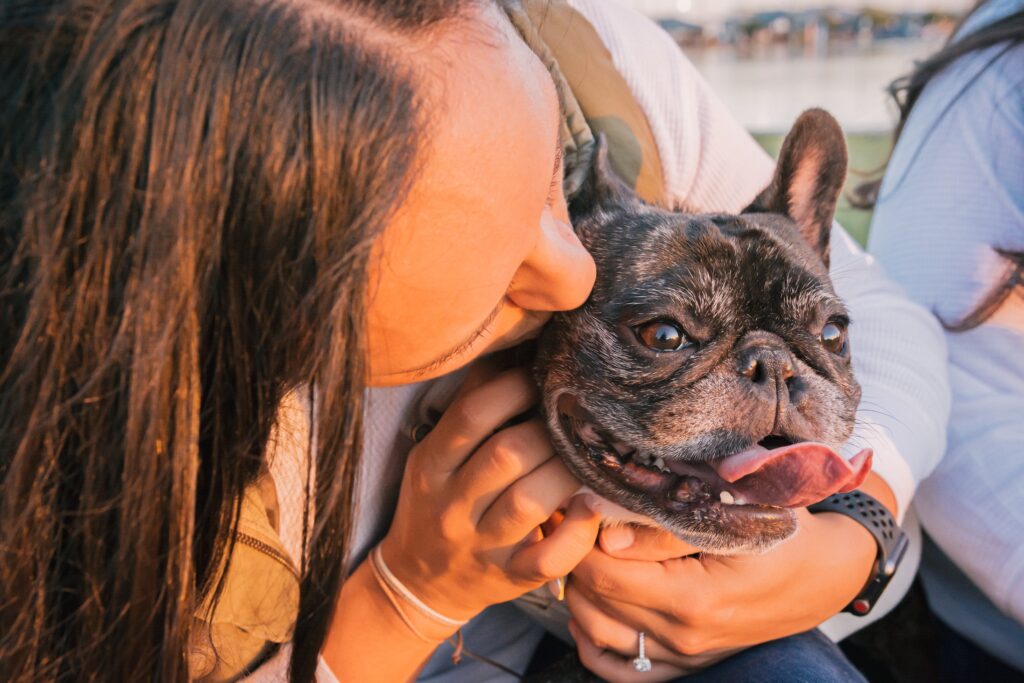“Dogs are better than human beings because they know but do not tell.”
Emily Dickinson

Anyone who loves their pets can describe the sixth sense animals seem to have. They know when we are feeling down, anxious, or when we’re in pain. Most pet parents will probably tell you their animals are more in tune to their emotions than people. The vast majority of American households consider their pets part of the family, so it isn’t a surprise that we have conversations with them.
Think of the last time you vented to a human friend or family member. You probably did a lot of talking, and maybe that other person didn’t even get a word in. When you look back on that encounter, do you remember feeling better when you got it all out? Chances are, the person listening didn’t fix your problem, and they probably didn’t even tell you how to fix it yourself. So what did they do? They were present. By simply offering you uninterrupted space, you were able to think about, make sense of, and process your situation on your own.
Imagine that inside your brain is a giant, tangled knot. That’s what it feels like when we’re in crisis- we don’t know where to start and the more we let ideas swirl around our head, the more tangled the knot gets. When we invite someone else into the conversation though, we are forced to find one end to start with. As we untangle the knot, our ideas take shape. A narrative appears. There is a beginning, there is a series of events, there is the acknowledgment of perspective. As we talk, we slowly pull apart the knot and straighten out the kinks. Our brain is translating all of it’s emotions into words, and all of the words into sentences, and all of the sentences into a story. When the story starts to make sense… that’s when we experience relief. This doesn’t mean it’s a happy story, or one with a clear ending. Simply having the story gives us a sense of where we are, how we feel, and what the desired outcome is. At this point we can take a step back from the story, look at it, and wonder what comes next? This feels much more organized than the tangled knot of thoughts and emotions.
Now back to your dog- does he understand all of this? Probably not. Is he going to listen anyway? Most likely. Remember- your friend the great listener didn’t help you feel better by fixing your problem; they helped you feel better by being present and listening.
You might be thinking, by this logic, I can just talk to myself! Yes- that is literally what a journal is. Talking to your dog can provide more than just a sounding board for your thoughts. His relationship to you actually contributes to a physiological process in your brain which allows you to tap into a supply of “happy hormones” (endorphins, seratonin, dopamine, etc). When you shift your focus to your dog and look at him, pat his head or scratch his ears, there is a very good chance his tail is going to start wagging. By simply noticing your dogs uplifted mood, yours will lift up too. Don’t believe me? Here’s your challenge this month: Next time you are feeling down, snuggle up with your dog (or cat, or rabbit, or goat, doesn’t matter!) and tell them all about it. Perhaps offer them a nice belly rub while you share what’s on your mind. No pet? No problem! Your local animal shelter would LOVE for you to visit and spend some time with their animals (especially the older dogs!)
Comment below to share your experiences.

